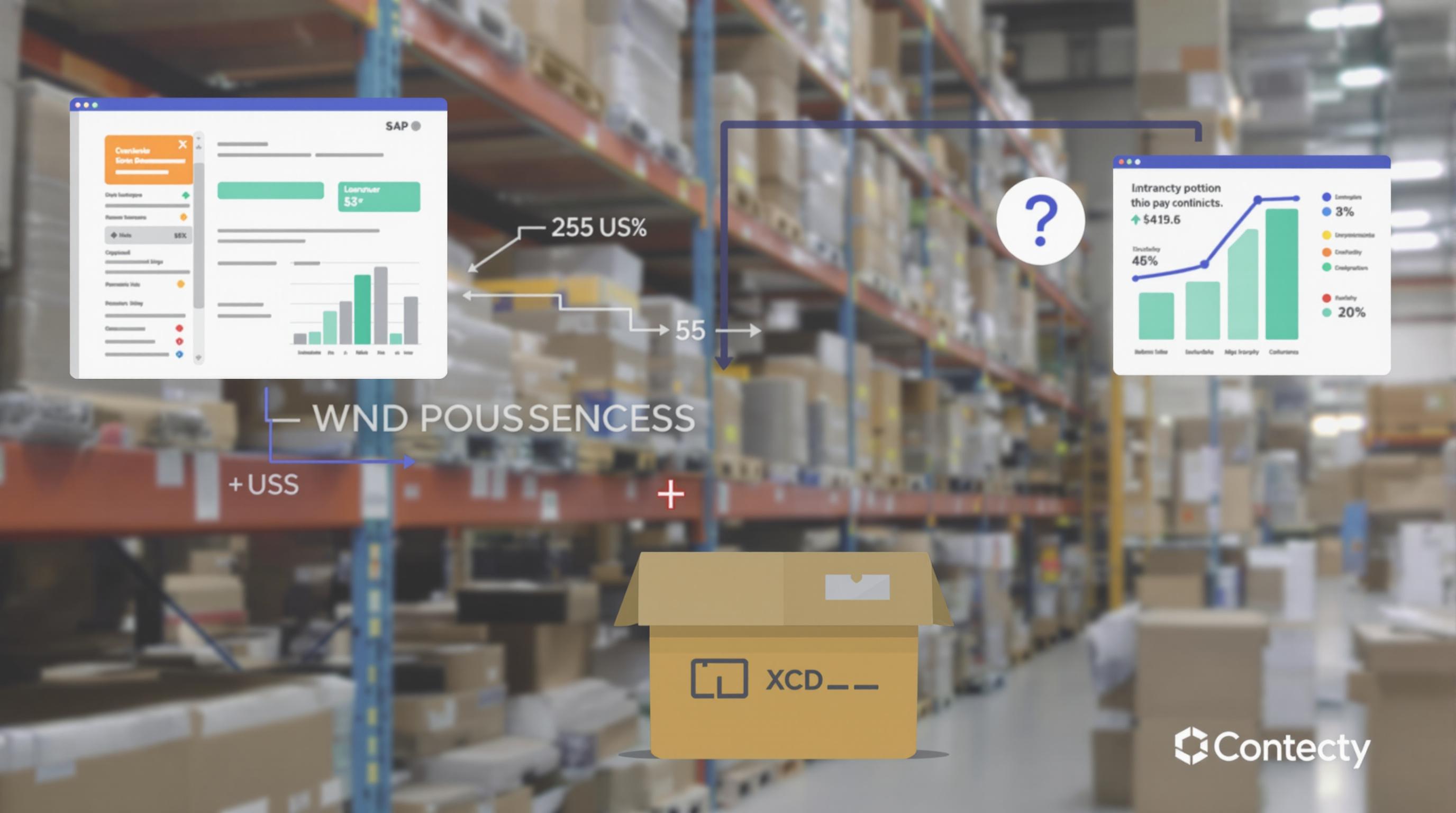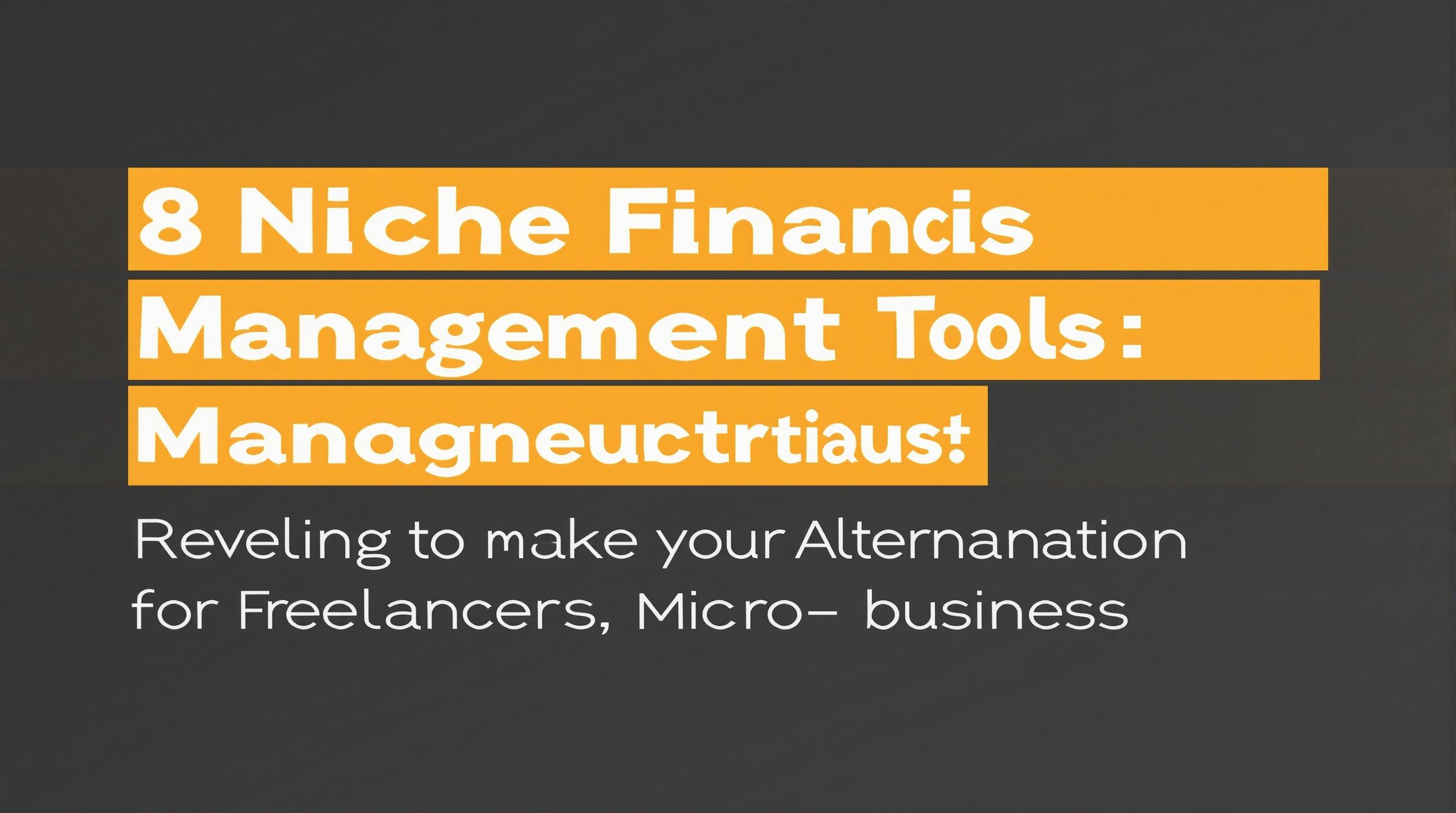Related Articles
- How Emotional Spending Biases in Leadership Can Influence Company Financial Transparency and Accountability
- Unveiling the Role of Employee Psychology in Shaping Unexpected Business Budget Outcomes
- Top 6 Disruptive Invoice Platforms Launched Since 2019 Tackling Automation Bottlenecks in Unconventional Ways
- Top 6 Smart Accounting Softwares Since 2019 That Revolutionize Tracking Business Tax Write-Offs
- The Rise of Biometric Authentication in Digital Finance: A New Frontier for Secure Business Transactions
- How Small Nonprofits Leverage Alternative Finance Tools to Navigate Accounting Challenges Off the Radar
How Small Nonprofits Leverage Alternative Finance Tools to Navigate Accounting Challenges Off the Radar
How Small Nonprofits Leverage Alternative Finance Tools to Navigate Accounting Challenges Off the Radar
Small nonprofits are increasingly turning to alternative finance tools to tackle persistent accounting challenges quietly and effectively. From peer-to-peer lending to blockchain-based recordkeeping, these organizations find creative, often off-the-radar strategies to balance transparency with limited resources.
Understanding the Accounting Struggles of Small Nonprofits
Accounting for small nonprofits is notoriously challenging, owing to restricted budgets, diverse funding streams, and stringent regulatory requirements. Many organizations lack dedicated finance personnel, leading to reliance on volunteers or staff with limited accounting experience. According to a 2022 report by Nonprofit Finance Fund, 42% of small nonprofits spend more than 20 hours a week managing bookkeeping and reporting, detracting from their mission focus.
The Unseen Value of Alternative Financial Tools
Alternative finance tools—ranging from crowdfunding platforms to FinTech lending services—offer small nonprofits access to resources traditionally beyond their reach. Unlike conventional bank loans, these tools often provide flexible terms, quicker application processes, and digital transparency features that help nonprofits keep internal accounting robust and compliant without expensive overhead.
Let me tell you a story about “HopeWorks,” a tiny nonprofit in rural Ohio that wanted to expand its after-school programs but kept hitting walls with traditional financing methods. By embracing community-driven microloans and utilizing a blockchain-based ledger system for donations and expenditures, they not only tracked funds meticulously but built donor confidence. The result? A 35% increase in program reach within a year while maintaining pristine audit records.
Casual Chat: Why Does This Matter to You?
If you’re part of a small nonprofit or thinking about starting one, know that accounting doesn't have to be a headache with the right tools. Imagine not drowning in spreadsheets or struggling with compliance because tech and alternative finance platforms have your back. Plus, integrating these tools can help you attract younger donors who crave transparency and innovation.
Decoding Alternative Finance: What’s on the Menu?
Not all alternative finance tools are created equal. Here’s a quick rundown:
- Crowdfunding: Platforms like GoFundMe and Kickstarter enable nonprofits to raise funds from a broad audience.
- Peer-to-Peer Lending: Services such as Kiva allow organizations to borrow money at low or zero interest, often from socially conscious lenders.
- Invoice Factoring: Small nonprofits can sell outstanding receivables to get quick cash flow.
- Blockchain for Accounting: Distributed ledgers offer immutable, transparent recordkeeping, ensuring fund traceability.
Humor Break: Let’s Not Glaze Over Terms
Don’t worry, you won’t need a PhD in finance to navigate these tools. If “invoice factoring” sounds like a math problem that haunted your high school days, think of it as your nonprofit’s version of pre-paying your bills with future cash. And blockchain? It’s basically a high-tech ledger that even your grandma could trust to keep honest records.
Case Study: How “GreenSprout” Elevated Financial Accuracy
GreenSprout, a community garden initiative in Chicago, struggled with reconciling multiple small grants and donations each month. Traditional accounting software was complex and expensive. After adopting a peer-to-peer lending platform partnered with a blockchain-based accounting system, GreenSprout reported a 50% reduction in monthly payroll hours dedicated to bookkeeping and a marked improvement in donor transparency ratings.
Persuasive Angle: Why Investing in These Tools Pays Off
Think of alternative financing and tech tools as investments in your organization’s longevity. According to TechSoup's 2023 survey, nonprofits that integrate modern finance tools grow their funding base by 23% on average within two years because they can demonstrate accountability better. This increased trust leads to sustained donor engagement and fewer compliance headaches.
One compelling statistic comes from the Nonprofit Tech for Good 2023 report: 68% of small nonprofits that use crowdfunding tools reported improved cash flow stability. Given how unpredictable funding cycles can be, this is a vital lifeline that keeps programs running smoothly.
Formal Insights: Regulatory Considerations and Compliance
While alternative finance tools afford flexibility, they also introduce nuanced compliance considerations. Nonprofits must ensure that reporting remains aligned with IRS requirements and generally accepted accounting principles (GAAP). Blockchain solutions, for example, while offering transparency, demand thorough understanding to avoid data privacy pitfalls. Consulting with financial advisors specializing in nonprofit law is advisable to mitigate risks.
Conversational Wrap-Up: Thinking Outside the (Budget) Box
So, what’s the takeaway? Small nonprofits can no longer rely solely on traditional methods for funding and accounting—they must innovate. Alternative finance tools serve not just as stop-gap fixes but as pathways to enhanced sustainability and transparency. Whether you’re a volunteer accountant or an executive director, embracing these tools can transform how you manage and report your precious resources.
Looking forward, the landscape promises even more creative solutions. Imagine AI-driven accounting assistants tailored to the nonprofit sector or community-controlled digital banks that prioritize social impact over profits. The future is bright, provided small nonprofits are willing to step off the beaten path and explore these financial frontiers.
Final Thought
Remember, every dollar managed well is a dollar that advances your mission. By leveraging alternative finance tools cleverly and cautiously, small nonprofits stay “off the radar” in a good way: nimble, transparent, and impactful without drowning in paperwork.




